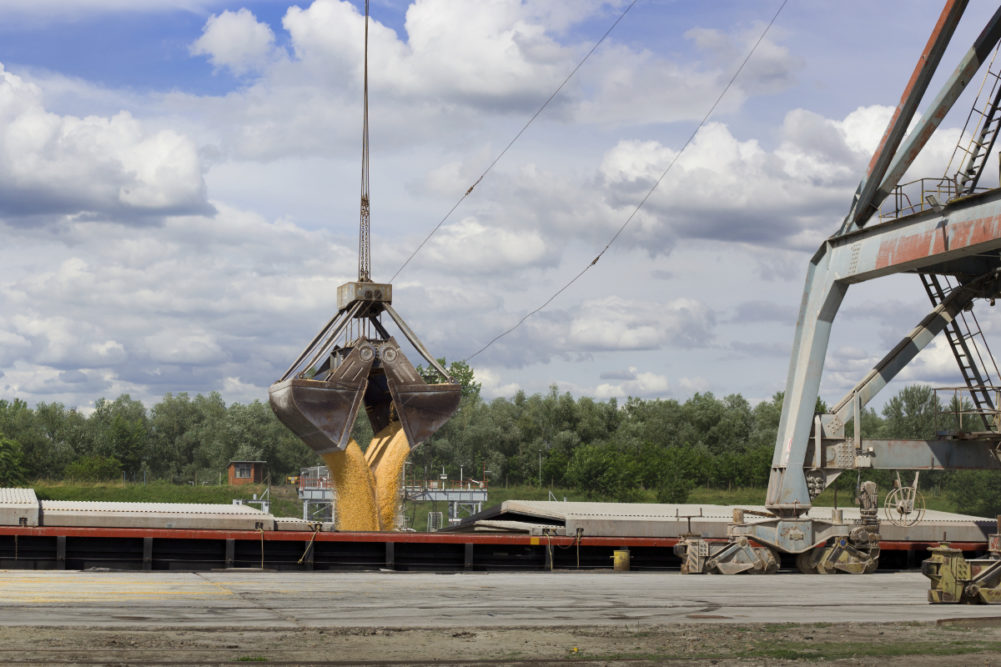BEIRUT, LEBANON — The United Nations’ World Food Programme (WFP) announced on Aug. 7 that it plans to import wheat and wheat flour to Lebanon after an explosion badly damaged the Port of Beirut, including the country’s primary grain silos.
The massive Aug. 4 explosion at the Port of Beirut not only killed more than 100 people, injured thousands more and left more than 300,000 homeless, it also severely damaged the port’s grain silo complex, which stores and distributes an estimated 85% of the country’s imported grain.
Lebanon President Michel Aoun said the blast was caused by 2,750 tonnes of ammonium nitrate that had been stored unsafely near the grain elevator since 2014 when it was confiscated from an incoming ship. It had been reportedly stored in a nearby warehouse since that time despite warnings that, for safety reasons, it needed to be relocated.
Besides importing wheat and flour, WFP said it would provide food parcels and is prepared to offer supply chain management and logistical support in Lebanon.
“WFP is rapidly assessing the situation on the ground to be ready to provide emergency support for thousands of people who have become homeless overnight, lost loved ones, were injured or anyone who needs assistance during these difficult times,” the WFP said. “The explosion and the damage to the port will exacerbate the grim economic and food security situation in Lebanon. The country — prior to Tuesday’s devastating events — had already been undergoing the worst economic crisis in its history and it was being compounded by the COVID-19 pandemic.”
The WFP said the severe damage to the Port of Beirut would push food prices beyond the reach of many. The price of a monthly food basket has more than doubled over the past six months.
A recent WFP survey on the impact of the economic crisis and COVID-19 outbreak and subsequent lockdown measures on livelihoods and food security revealed that food has become a major source of concern with 50% of Lebanese saying over the past month they felt worried they would not have enough food to eat.





